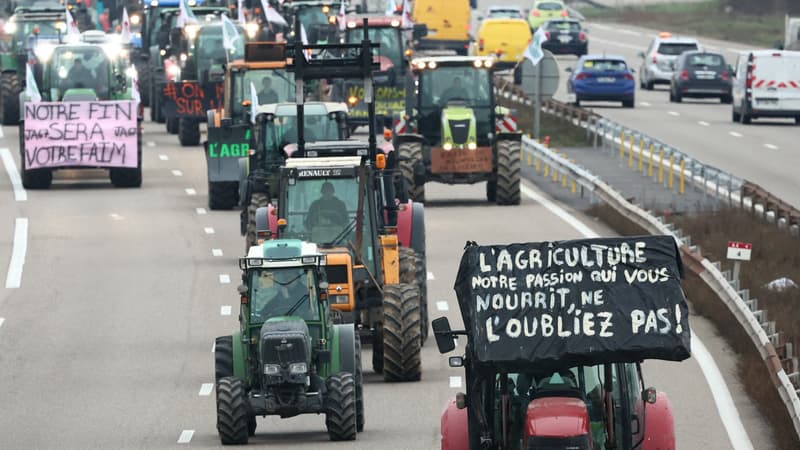The draft budget presented on Tuesday by Sébastien Lecornu’s government provides for several tax measures for farmers demanded in particular by the FNSEA-JA union alliance, which opposes, however, the elimination of tax advantages for agrofuels. Two systems of support for farmers are maintained: the precautionary savings deduction, which allows farmers to deduct a certain amount from their taxable profits, is extended until 2028. These savings can then allow them to face climate hazards or invest to modernize their farm.
The Government also wants to renew the tax credit in favor of organic farming, which “is part of a large ecosystem of aid that allows significant support” to be given to this mode of production, indicates the text consulted by AFP. The government has been accused by the industry of having reduced its support for organic farmers, particularly when distributing the rest of the European aid, something it denies. Another key measure requested by breeders facing the increase in devastating animal diseases was to exempt compensation granted by the State in cases of stamping out from taxes.
This measure, planned for three years, is accompanied by a condition that provides for the reuse of the compensation received for the reconstitution of slaughtered livestock “within a period of one year from the date of its collection.” After the culling of more than 1,700 animals due to lumpy skin disease that affected Alpine herds this summer, some livestock federations have insisted in recent weeks on the months often required to reconstitute a herd, especially in the context of AOP production.
Agrofuels
The big irritant of the draft budget lies in “the elimination of the special rate for B100 fuel” (rapeseed biodiesel), used mainly by transporters, and “the progressive reduction of the tax advantage for E85 fuel” (ethanol), produced mainly from beets in France. These agrofuels can constitute an important source of income for farmers, who fear greater competition in ethanol if the agreement between the EU and the Mercosur countries comes into force. The FNSEA already plans to work to promote modifications on this point.
The draft budget also provides for “a reduction in the tax base of the drinking water consumption tax” for farmers who use it “for irrigation purposes for lack of any other viable technical or economic solution.” And it eliminates an obsolete system of tax exemptions linked to the transfer of operations, replaced by other budget measures.
Source: BFM TV


